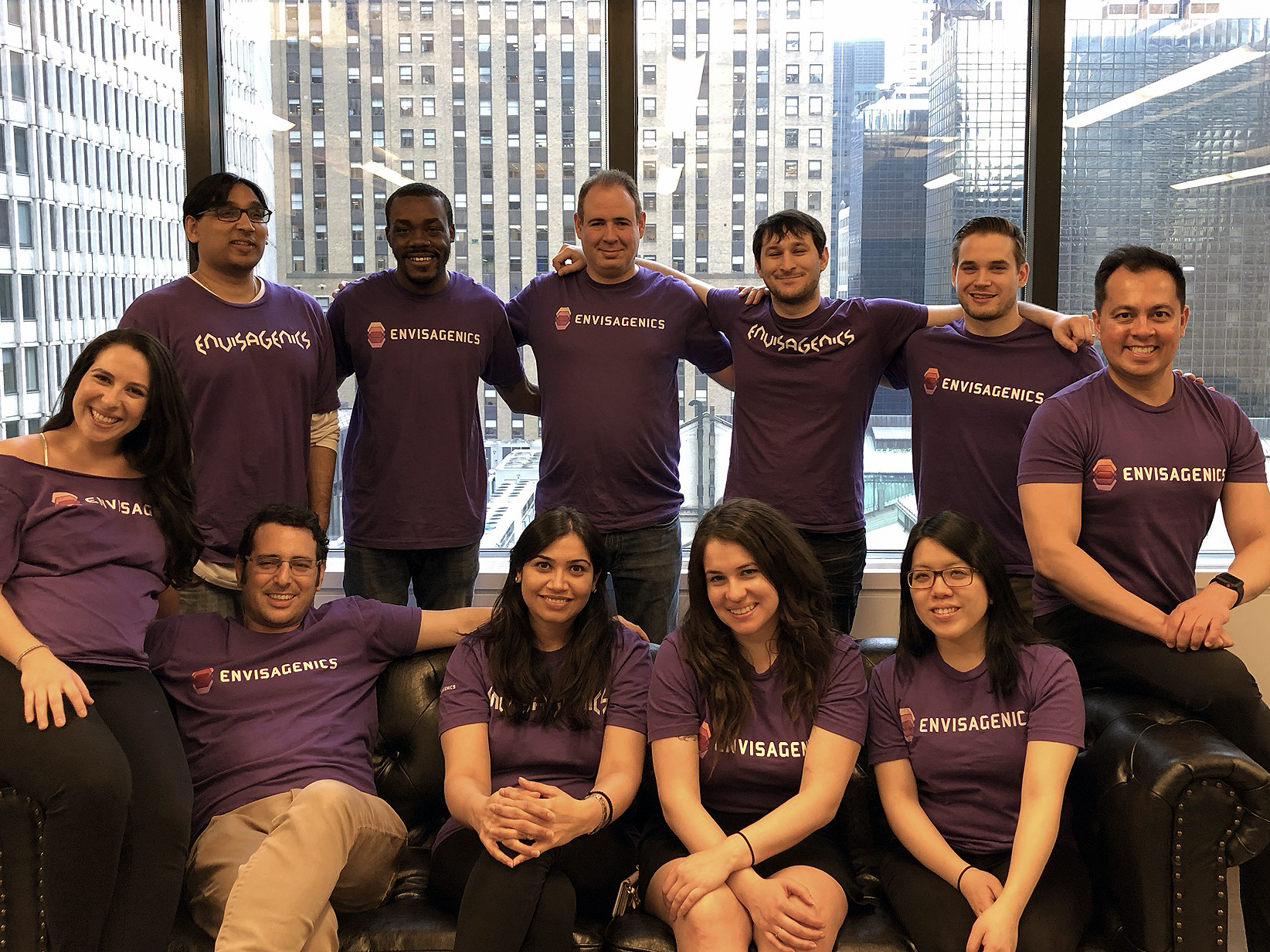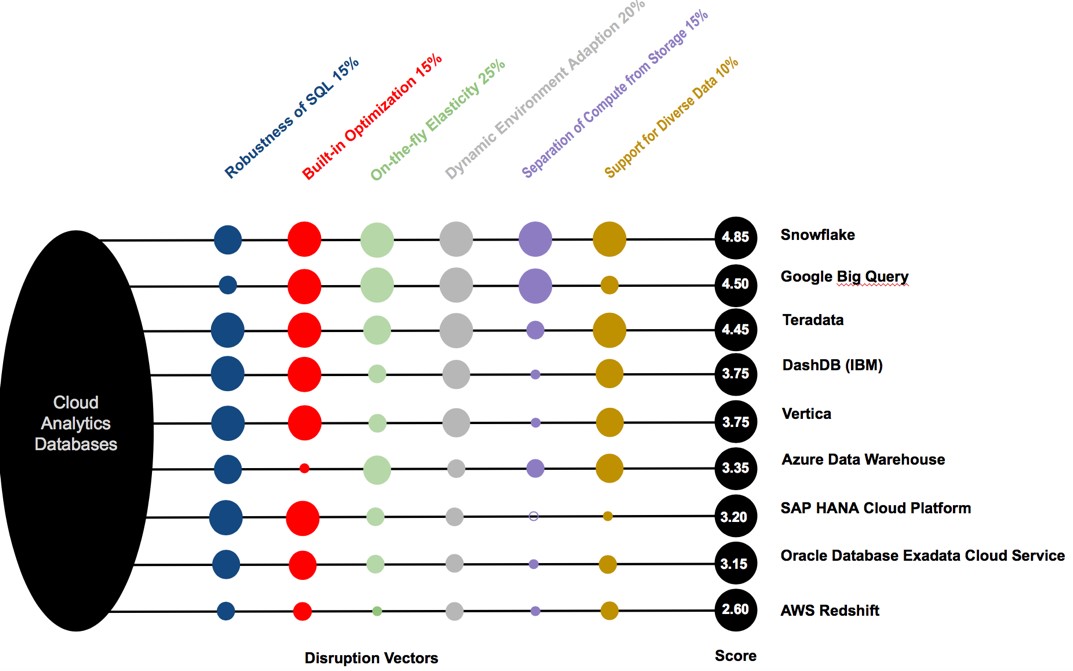Today, we’re excited to announce that Madrona has led the $16M Series A investment in TwinStrand Biosciences, a Seattle genomics company with the potential to profoundly impact all of us. TwinStrand’s technology will help detect cancer earlier when it can be most effectively treated, will help identify the most effective personalized therapies, and will help to recognize carcinogens quickly thereby lowering the development cost and time-to-market of powerful new drugs. We’ve previously discussed the incredible intersection of life sciences and computer science in our region – and TwinStrand is at the forefront of this amazing innovation opportunity.
When I first met Jesse, the founder and CEO of TwinStrand, he was discussing the technology in exclusively life science terms. However, as I listened, it was incredible how so many of the concepts had direct analogs to my experience with high scale software. TwinStrand’s “Duplex Sequencing” technology uniquely tags each strand of billions of individual DNA molecules with a chemical GUID. The DNA is then replicated to enable sequencing on a standard genome sequencer – resulting in up to 6 TB of data per run – then imported to the TwinStrand cloud where error correction algorithms are employed. The result is a high-resolution reading of the DNA sequence, 10,000x more accurate than standard sequencing. Duplex Sequencing reduces today’s DNA sequencing error rate of ~1% to below 0.0001%. This biochemical error correction approach reminded me of error correction techniques employed in high scale storage arrays in cloud datacenters.
Researchers are actively exploring how to use this level of precision to detect DNA mutations caused by chemicals (a market known as “genetic toxicology”). Today it can take more than 2 years to determine if a chemical is a carcinogen, as large tumors need to be given time to develop in lab animals. With Duplex Sequencing’s breakthrough accuracy, the resulting mutations can be detected as very small tumors within weeks – saving time, money, and the number of animals required. This testing is a critical step in the drug development process, but also is used to test the safety of agricultural chemicals, food contaminants, and even to examine the effect of space radiation.
When I talked with leaders in the clinical cancer community, a common response I heard was that this level of precision was amazing and insightful – but that today’s diagnostics don’t need that level of accuracy. This response reminded me of so many of the skeptics of 64-bit computing 15 years ago – who would ever need that much memory on any computer? With our investment, we are making the bet that new diagnostics, therapies and even information storage technologies will be developed to leverage this new precision, just like software has always found great new ways to leverage new system performance. It’s very exciting to see the future through the eyes of the TwinStrand team and invest in making it possible.
Jesse created Duplex Sequencing through his MD/PhD research with colleagues at the University of Washington. The TwinStrand team consists of half biochemists, and half software developers and bioinformaticians. Together, they have built an incredible foundation—contributing to more than 15 peer-reviewed scientific articles leveraging Duplex Sequencing and developing a portfolio of over 50 patents. To learn more, I’d suggest these three great recent articles:
- Enhancing the accuracy of next-generation sequencing. Nature Reviews Genetics, 2018
- Next-generation genetic toxicology. Environmental Molecular Mutagenesis, 2019
- Early detection of ovarian cancer. Cell Reports, 2019
TwinStrand’s product will be launching soon, and I look forward to seeing what scientists all over the world will create with it.
-Terry
P.S. Out of humility, Jesse doesn’t often share that he is the grandson of Jonas Salk, the scientist who discovered the vaccine for polio, definitively changing our world for the better. It’s pretty incredible to think that TwinStrand may have the same potential.

